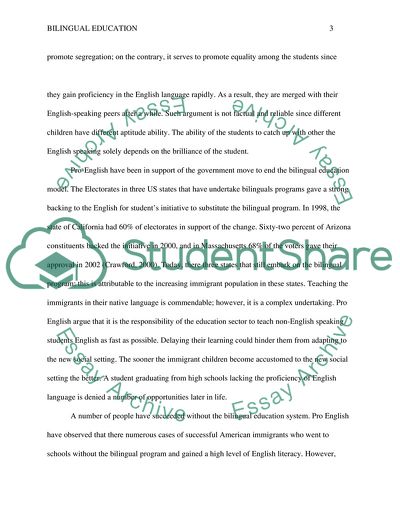Cite this document
(The Argument For for Against Bilingual Education Coursework, n.d.)
The Argument For for Against Bilingual Education Coursework. https://studentshare.org/education/1872329-bilingual-education
The Argument For for Against Bilingual Education Coursework. https://studentshare.org/education/1872329-bilingual-education
(The Argument For for Against Bilingual Education Coursework)
The Argument For for Against Bilingual Education Coursework. https://studentshare.org/education/1872329-bilingual-education.
The Argument For for Against Bilingual Education Coursework. https://studentshare.org/education/1872329-bilingual-education.
“The Argument For for Against Bilingual Education Coursework”. https://studentshare.org/education/1872329-bilingual-education.


